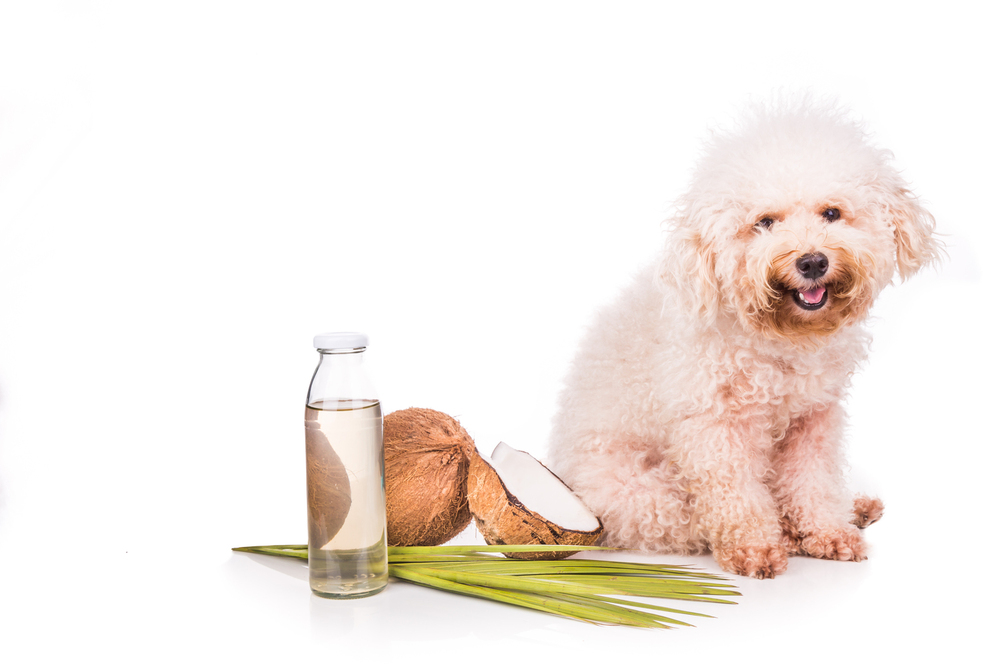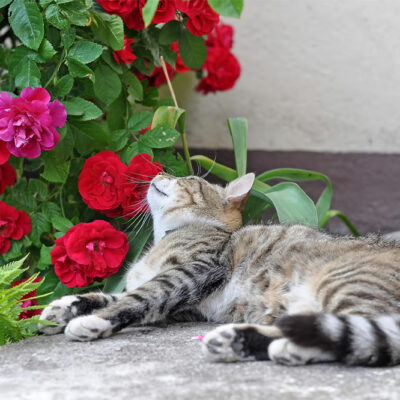
5 Safety Tips for Using Essential Oils Near Pets
It is a common misconception among pet-owners that since essential oils are derived from plant-based sources, they may be safe for animals. However, it is important to know that not all such essential oils are good for your furry companions. Even if you aren’t necessarily using these oils topically on your pets, even diffusing them in the same room as your pets are could be very toxic for them.
Here are some important safety tips to remember when using essential oils in a house with animals:
Start with using trace amounts for new oils
When exposing any new chemical, material, or food to your pets, it is a good idea to start by exposing them to smaller amounts of those things. This way, if at all, your pet is allergic to that particular material, you will know it immediately, and their life won’t be endangered because of exposure to a higher concentration of these allergens. This is especially recommended in the case of essential oils. Whether you are applying these to your pets as a form of aromatherapy or if you are adding them to diffusers and humidifiers, start by using smaller quantities of such oils.
Know the major toxicity groups for your breed of pets
Each animal breed is allergic to certain kinds of external substances and essential oils. Do thorough research about what your pets are allergic to well in advance to avoid exposing them to toxic substances due to a lack of knowledge. For example, oils of anise, yarrow, and juniper are harmful to dogs; those of cinnamon, eucalyptus, and peppermint are harmful to cats, whereas oils of clove, thyme, and wintergreen are harmful to both cats and dogs.
Use higher quality oils
Now that you know the kind of oils that are safe for your pets, it is important to pick out those of higher quality. This is because the lower quality varieties of such oils may contain artificial fragrances, colors, and essence in them, which may or may not be toxic to your pets. Only the purest and highest quality of essential oils must be used, especially when it comes to using them on your pets.
Do not use essential oils around the eyes
Another important thing to remember is that regardless of the quality of the essential oil or the reason for the use of such oils, they must not be brought in contact with your pet’s eyes, nostrils, ears, and genitalia.
Watch out for toxicity symptoms
There are certain common symptoms to look out for in your pets to notice if they are having an allergic reaction to essential oils or any other external stimuli. These symptoms may include difficulty in breathing, redness, or burns on their lips, tongue, skin or gums, vomiting, fatigue, etc. If your pet starts exhibiting any of these symptoms, it is important to call a vet or animal control as soon as possible.


